Top 10 Countries Leading The Charge In Electric Vehicle Adoption In 2024
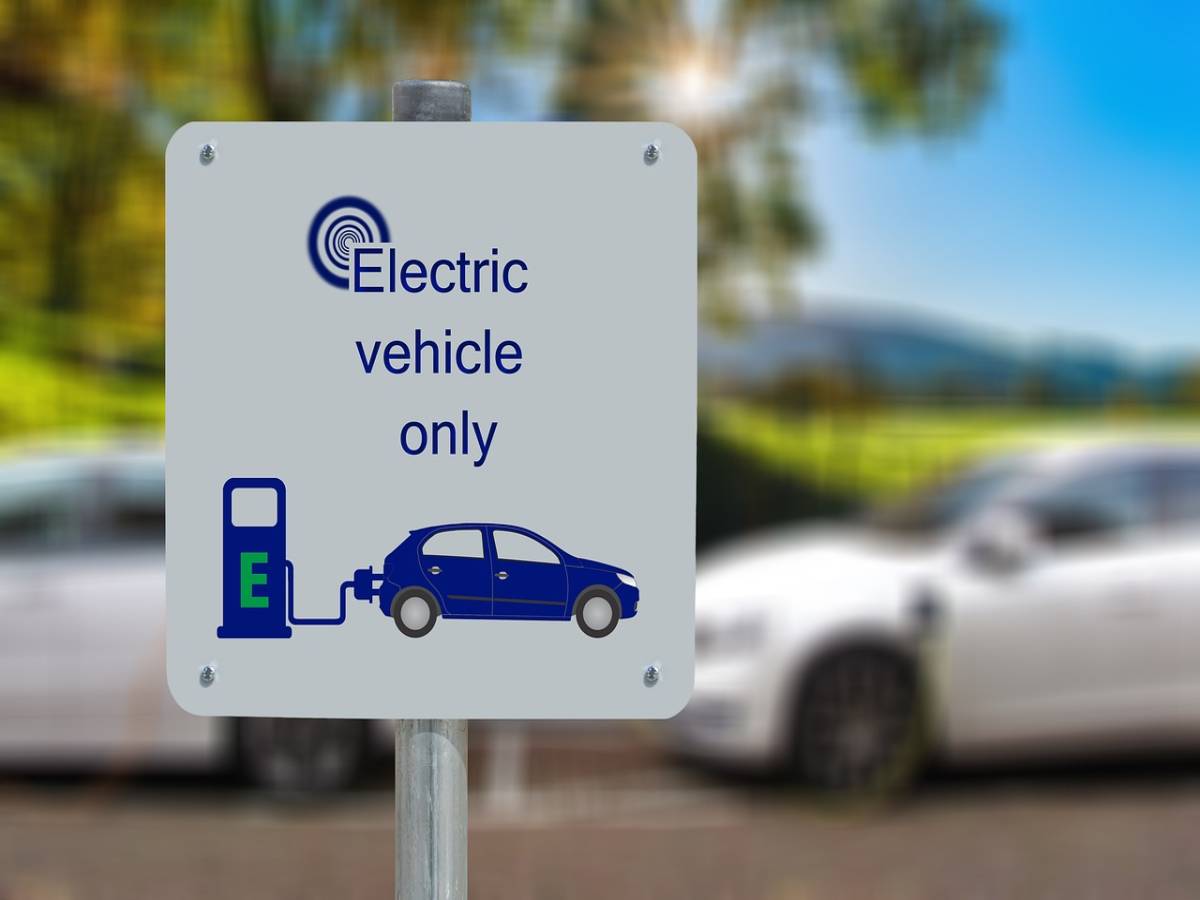
As the world intensifies its efforts to combat climate change, the adoption of electric vehicles (EVs) has become a pivotal part of the global strategy to reduce carbon emissions and reliance on fossil fuels.
The rapid growth of the EV market is reshaping the automotive industry, with numerous countries investing heavily in infrastructure, subsidies, and technological advancements to accelerate this transition. As we move further to the last quarter 2024, here is the list of top 10 countries that are leading the way in electric vehicle adoption.
Countries With The Highest Electric Vehicle Adoption
- China
- United States
- Norway
- Germany
- United Kingdom
- France
- Netherlands
- South Korea
- Sweden
- Japan
1. China
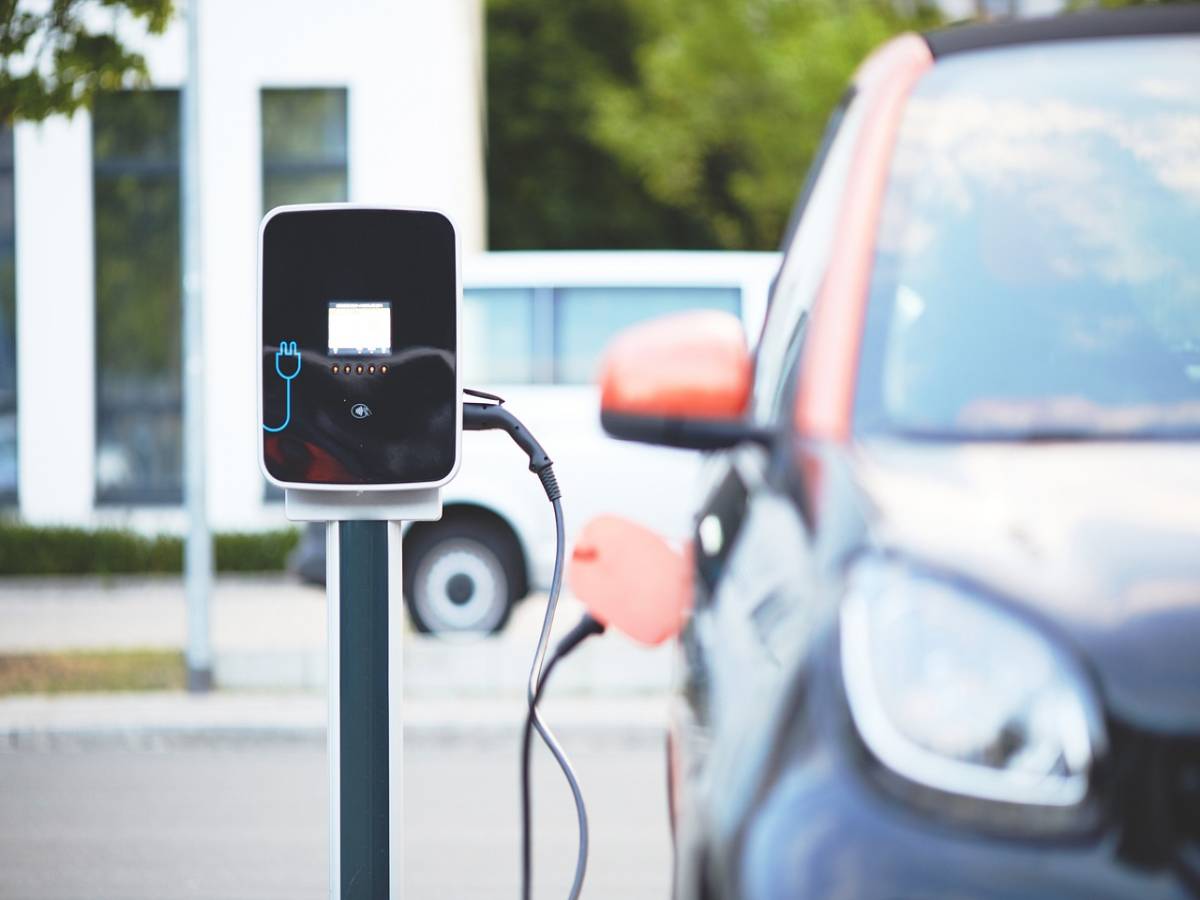
China continues to dominate the global electric vehicle market, a position it has held firmly for several years. With over 50% of the world’s electric cars on its roads, China’s leadership is bolstered by a combination of governmental support, vast infrastructure investments, and a thriving domestic manufacturing sector
The Chinese government’s ambitious plans, such as the New Energy Vehicle (NEV) mandate, require automakers to produce a certain percentage of electric vehicles, which has significantly driven up production and sales.
Chinese automakers like BYD, NIO, and XPeng have become global powerhouses, not only catering to domestic demand but also exporting their vehicles to Europe and other regions. China’s extensive network of charging stations over 2 million and counting makes EV ownership more convenient than ever. Additionally, the Chinese government’s subsidies and incentives have made EVs more accessible to the average consumer, further driving adoption.
2. United States
READ ALSO » Top 10 Best Electric Scooters In The World
The United States remains a strong contender in the EV market, ranking second globally in terms of electric car adoption. Tesla, headquartered in California, has been the poster child of the EV revolution, inspiring a wave of innovation and competition across the industry. Tesla’s Gigafactories and cutting-edge battery technology have set a high standard, pushing other automakers to accelerate their EV development.
Beyond Tesla, the U.S. market has seen the rise of new players like Rivian, Lucid Motors, and legacy automakers like Ford and General Motors, which are rapidly expanding their electric offerings. Federal incentives, such as tax credits for EV purchases, and state-level policies, particularly in California, New York, and Washington, have been crucial in promoting EV adoption. The United States is also investing heavily in charging infrastructure, with the goal of creating a nationwide network that supports long-distance EV travel.
However, the U.S. market still faces challenges, particularly in terms of charging infrastructure in rural areas and the need for a broader cultural shift towards embracing electric vehicles. Nonetheless, the U.S. remains a key player, driving innovation and setting trends in the global EV market.
3. Germany
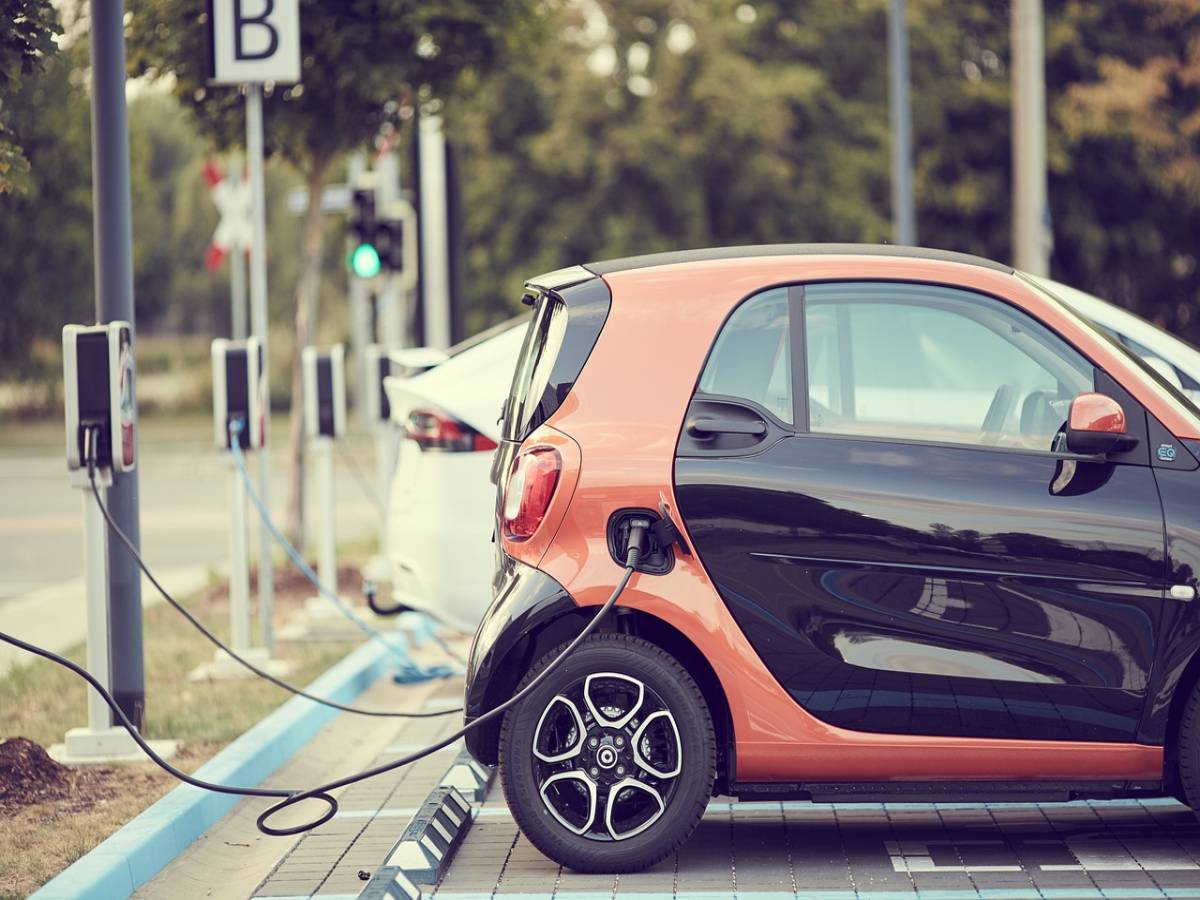
Germany, known for its rich automotive heritage, is at the forefront of Europe’s transition to electric mobility. The country’s automotive giants, such as Volkswagen, BMW, and Mercedes-Benz, have committed to electrifying their fleets, with many announcing plans to phase out internal combustion engines entirely within the next decade. Volkswagen, in particular, has set ambitious targets, aiming to become the world’s largest producer of electric vehicles.
The German government has played a pivotal role in this transition, offering substantial subsidies for EV purchases and investing in the expansion of charging infrastructure. Germany’s Energiewende (energy transition) policy, which aims to shift the country towards renewable energy, complements the push for electric vehicles by ensuring that the electricity used to charge these vehicles increasingly comes from green sources.
Furthermore, Germany’s commitment to innovation is evident in its investments in battery technology and electric vehicle manufacturing. The country is home to numerous research initiatives and partnerships aimed at improving battery efficiency and developing next-generation electric vehicles. As a result, Germany is not just a leader in EV adoption but also a key player in shaping the future of electric mobility globally.
4. Norway
Norway’s position as a leader in electric vehicle adoption is nothing short of remarkable. Despite its small population of around 5.4 million, Norway boasts one of the highest per capita EV ownership rates in the world. As of 2024, nearly 80% of all new cars sold in Norway are electric, a testament to the country’s aggressive and forward-thinking policies.
READ ALSO » Top 10 Best Electric Cars For Kids In The World
Norway’s success in EV adoption can be attributed to a combination of generous incentives, including exemptions from vehicle purchase taxes, tolls, and parking fees, as well as access to bus lanes and other privileges for EV owners. The Norwegian government has also invested heavily in charging infrastructure, ensuring that EVs are practical for both urban and rural residents.
What’s particularly impressive about Norway’s approach is its long-term vision. The country has set a target to have all new cars sold by 2025 be zero-emission vehicles, a goal that seems well within reach. Norway’s experience offers valuable lessons for other countries aiming to accelerate their transition to electric mobility.
5. United Kingdom
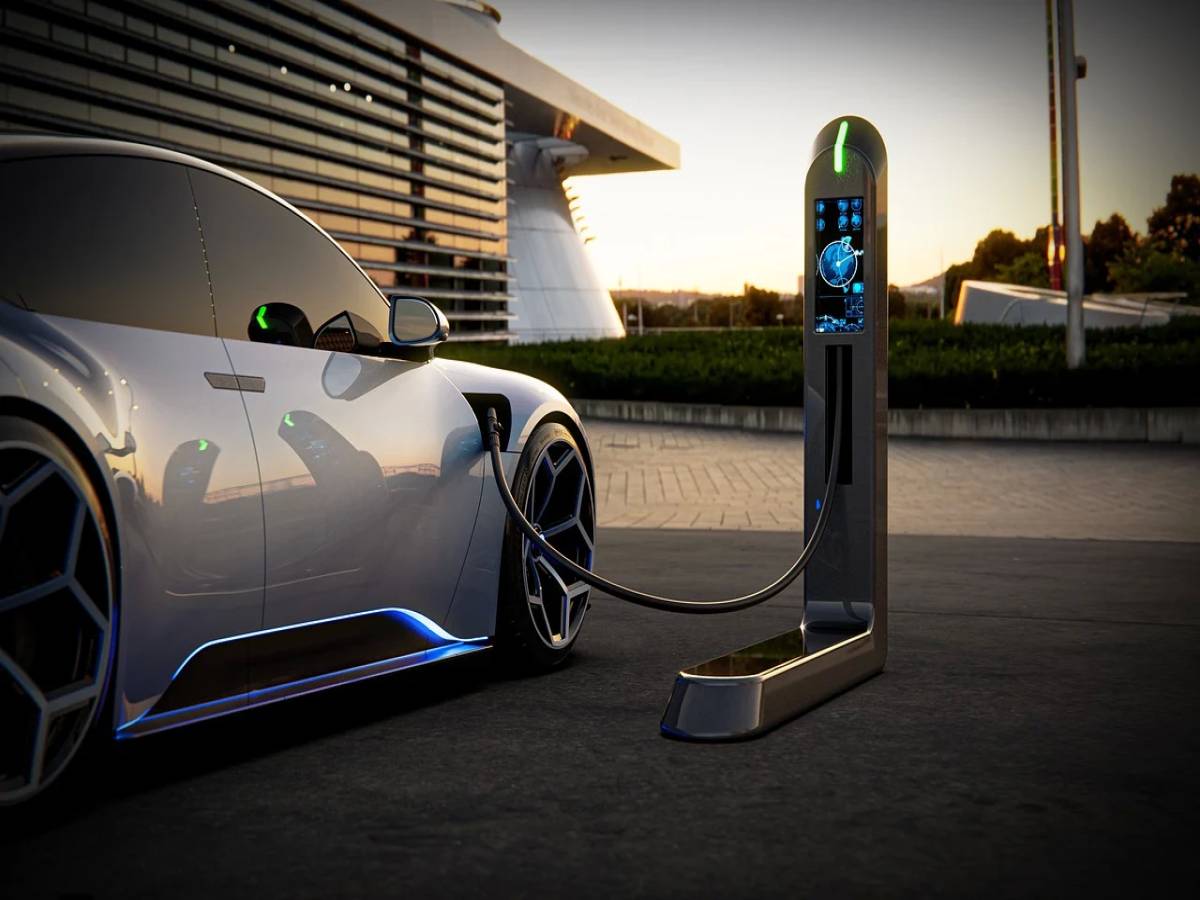
The United Kingdom has rapidly emerged as a key player in the global electric vehicle market. Driven by the government’s ambitious plan to ban the sale of new petrol and diesel cars by 2030, the UK has seen a surge in EV adoption. British consumers now have access to a wide range of electric vehicles, from luxury models to more affordable options, making it easier for people across different income brackets to go electric.
The UK government has implemented a range of incentives to encourage EV adoption, including grants for purchasing electric vehicles and subsidies for home charging stations. Additionally, the expansion of public charging infrastructure, particularly in urban areas, has made EV ownership more convenient.
The UK’s automotive industry is also undergoing a significant transformation, with traditional manufacturers like Jaguar Land Rover and newcomers like Arrival making bold moves into the electric vehicle space. The government’s support for research and development in battery technology and electric vehicles is further strengthening the UK’s position in the global market.
As the UK continues to expand its EV infrastructure and support for electric vehicles, it is well on its way to becoming a leader in the global transition to sustainable transportation.
6. France
France has long been a major player in the global automotive industry, and its commitment to electric vehicles is helping it maintain its position as a leader in Europe. The French government has implemented a range of incentives to promote EV adoption, including subsidies for EV purchases and support for the development of charging infrastructure.
French automakers, such as Renault and Peugeot, have been at the forefront of the country’s transition to electric mobility. Renault’s Zoe has been one of the best-selling electric cars in Europe, and the company continues to expand its electric vehicle offerings. Peugeot, part of the Stellantis group, is also making significant strides in electrification, with plans to electrify its entire lineup in the coming years.
READ ALSO » Advantages And Disadvantages Of Electric Vehicles
France’s commitment to reducing carbon emissions extends beyond the automotive sector. The country’s emphasis on nuclear energy, which provides a significant portion of its electricity, means that EVs in France are powered by one of the lowest carbon grids in the world. This makes the environmental benefits of EV adoption even more pronounced in France.
As France continues to invest in electric vehicles and clean energy, it is poised to remain a leader in the global transition to sustainable transportation.
7. Netherlands
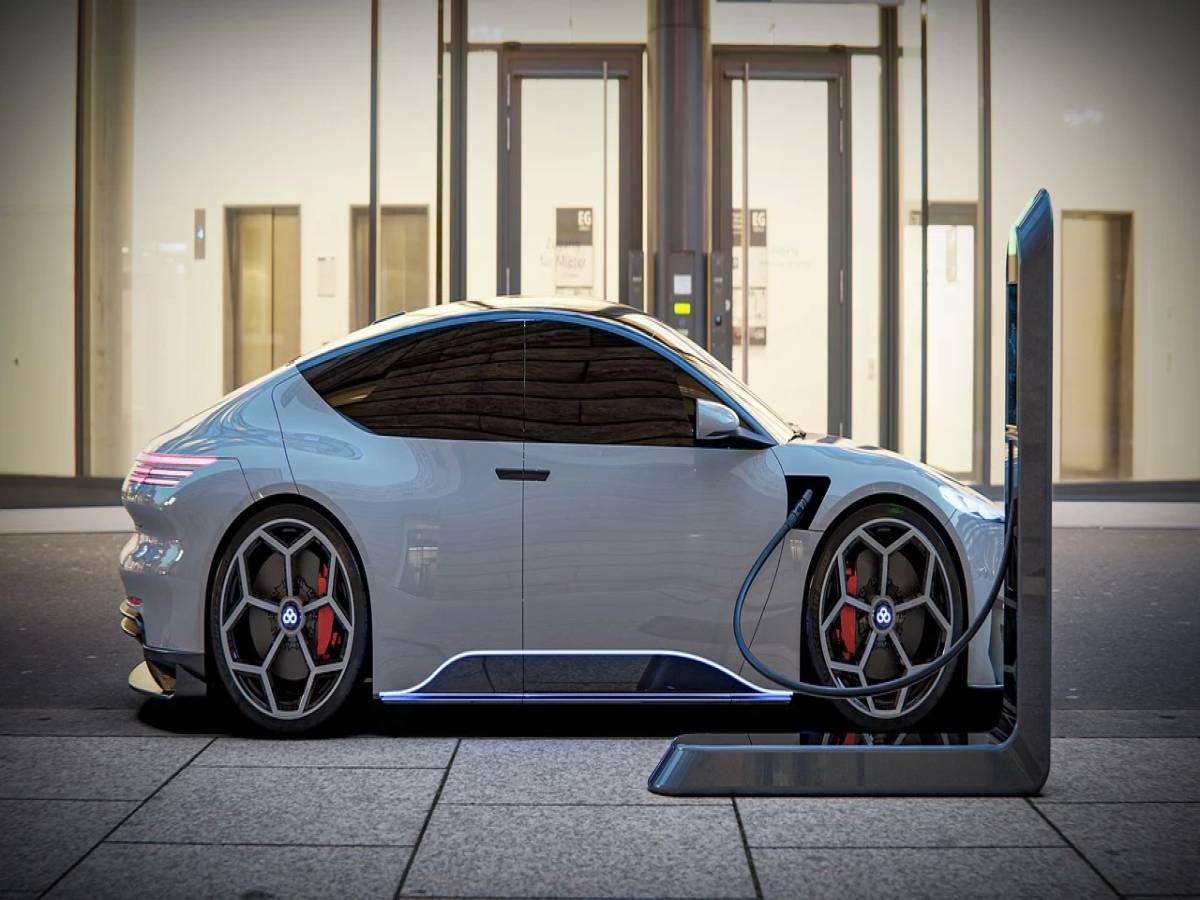
The Netherlands is known for its progressive stance on environmental issues, and its embrace of electric vehicles is no exception. The Dutch government has implemented a range of policies to encourage EV adoption, including tax incentives, grants, and a rapidly expanding charging infrastructure.
One of the key drivers of EV adoption in the Netherlands is the country’s commitment to reducing carbon emissions and improving air quality. The government has set ambitious targets for reducing greenhouse gas emissions and is using electric vehicles as a key tool in achieving these goals.
The Netherlands’ flat terrain and compact size make it an ideal environment for electric vehicles, and the country’s dense network of charging stations ensures that EV owners have easy access to charging, whether they are in urban or rural areas. The Dutch government’s investment in charging infrastructure has been complemented by private sector initiatives, with companies like Fastned and Allego building fast-charging networks across the country.
The Netherlands’ focus on sustainability extends beyond its borders, with the country playing a leading role in promoting electric vehicles and clean energy in the European Union. As the Netherlands continues to push for greener transportation options, it will remain a key player in the global EV market.
8. South Korea
South Korea has emerged as a significant player in the global electric vehicle market, thanks in large part to its robust automotive and technology industries. Companies like Hyundai and Kia have made substantial investments in electric vehicles, launching a range of EV models that are gaining popularity both domestically and internationally.
The South Korean government has set ambitious targets for reducing greenhouse gas emissions and is actively promoting the adoption of electric vehicles as part of its broader environmental strategy. Subsidies for EV purchases, tax incentives, and investments in charging infrastructure have all contributed to the rapid growth of the EV market in South Korea.
In addition to its focus on electric vehicles, South Korea is also a global leader in battery technology, with companies like LG Energy Solution and SK Innovation supplying batteries to automakers around the world. This vertical integration of the EV supply chain gives South Korea a strategic advantage in the global market.
As South Korea continues to innovate and expand its electric vehicle offerings, it is well-positioned to become a leading player in the global transition to electric mobility.
9. Sweden
Sweden’s commitment to sustainability is reflected in its high rate of electric vehicle adoption. The Swedish government has implemented a range of incentives to encourage the transition to electric mobility, including subsidies for EV purchases, tax breaks, and investments in charging infrastructure.
Sweden’s automotive industry, led by companies like Volvo and Polestar, has fully embraced the electric revolution. Volvo, for instance, has committed to becoming a fully electric car brand by 2030, aligning with Sweden’s broader environmental goals. Polestar, a subsidiary of Volvo, is also making waves in the EV market with its high-performance electric cars, contributing to Sweden’s growing reputation as a hub for electric vehicle innovation.
Sweden’s focus on renewable energy further enhances the environmental benefits of EV adoption. The country already sources a significant portion of its electricity from hydropower and wind energy, which means that Swedish EVs are among the greenest in the world when it comes to their overall carbon footprint. The integration of electric vehicles into a grid powered largely by renewables is a model for other countries looking to maximize the environmental benefits of EVs.
Additionally, Sweden’s commitment to sustainability extends beyond passenger vehicles. The country is also a leader in the electrification of public transport and freight, with initiatives to develop electric buses, trucks, and even electric ferries. These efforts are helping to reduce emissions across the entire transportation sector, positioning Sweden as a pioneer in sustainable mobility.
As Sweden continues to push the boundaries of what’s possible with electric vehicles, it remains a crucial player in the global movement towards a cleaner, more sustainable future.
10. Japan
Japan has long been a global leader in automotive innovation, and this expertise is now being channeled into the development and adoption of electric vehicles. While Japan was initially slower to embrace full electric vehicles, focusing instead on hybrid technology, the country has recently made significant strides in the EV market.
Japanese automakers, including Nissan, Toyota, and Honda, have ramped up their electric vehicle offerings. Nissan’s Leaf, one of the world’s best-selling electric cars, has been instrumental in popularizing EVs globally. Toyota, known for its pioneering work in hybrid technology with the Prius, has now committed to a full lineup of electric vehicles, recognizing the growing global demand for zero-emission vehicles.
The Japanese government has also played a key role in promoting electric vehicles, with a range of incentives for EV buyers, investments in charging infrastructure, and support for research and development in battery technology. Japan’s commitment to reducing carbon emissions is reflected in its ambitious targets for EV adoption and its focus on creating a sustainable transportation ecosystem.
Japan’s innovation extends beyond electric cars to other areas of mobility, including hydrogen fuel cell vehicles, which the country sees as a complementary technology to battery-electric vehicles. This dual approach positions Japan as a leader in the broader transition to sustainable transportation, with a focus on leveraging its technological strengths to create a diverse and resilient mobility ecosystem.
As Japan continues to innovate and expand its electric vehicle market, it will remain a key player in the global effort to reduce emissions and build a more sustainable future.
Conclusion
The transition to electric vehicles is no longer a niche movement—it’s a global phenomenon reshaping the automotive industry and the way we think about transportation. The top 10 countries highlighted here are leading the charge, each bringing unique strengths and strategies to the table.
China’s sheer scale and manufacturing prowess, the United States’ innovation and market influence, Europe’s comprehensive policy frameworks, and the technological advancements from countries like South Korea and Japan are all contributing to the rapid growth of the electric vehicle market.
As we move further into 2024 and beyond, the momentum behind electric vehicles will only continue to build. Governments around the world are setting ambitious targets for reducing emissions, and the automotive industry is responding with unprecedented levels of investment in electric mobility.
However, the transition to electric vehicles is not without its challenges. Issues such as the need for more robust charging infrastructure, the environmental impact of battery production, and the development of a circular economy for EV batteries are all critical areas that require ongoing attention and innovation.
Despite these challenges, the trajectory is clear: electric vehicles are the future of transportation. The countries leading the way in EV adoption are not just driving the future of the automotive industry—they are paving the way for a more sustainable and environmentally friendly world.
As consumers, governments, and businesses continue to embrace electric vehicles, the benefits will extend far beyond cleaner air and reduced emissions. The shift to electric mobility has the potential to transform economies, create new industries, and improve the quality of life for people around the world.
Whether you’re an EV enthusiast, an industry professional, or simply someone interested in the future of transportation,
